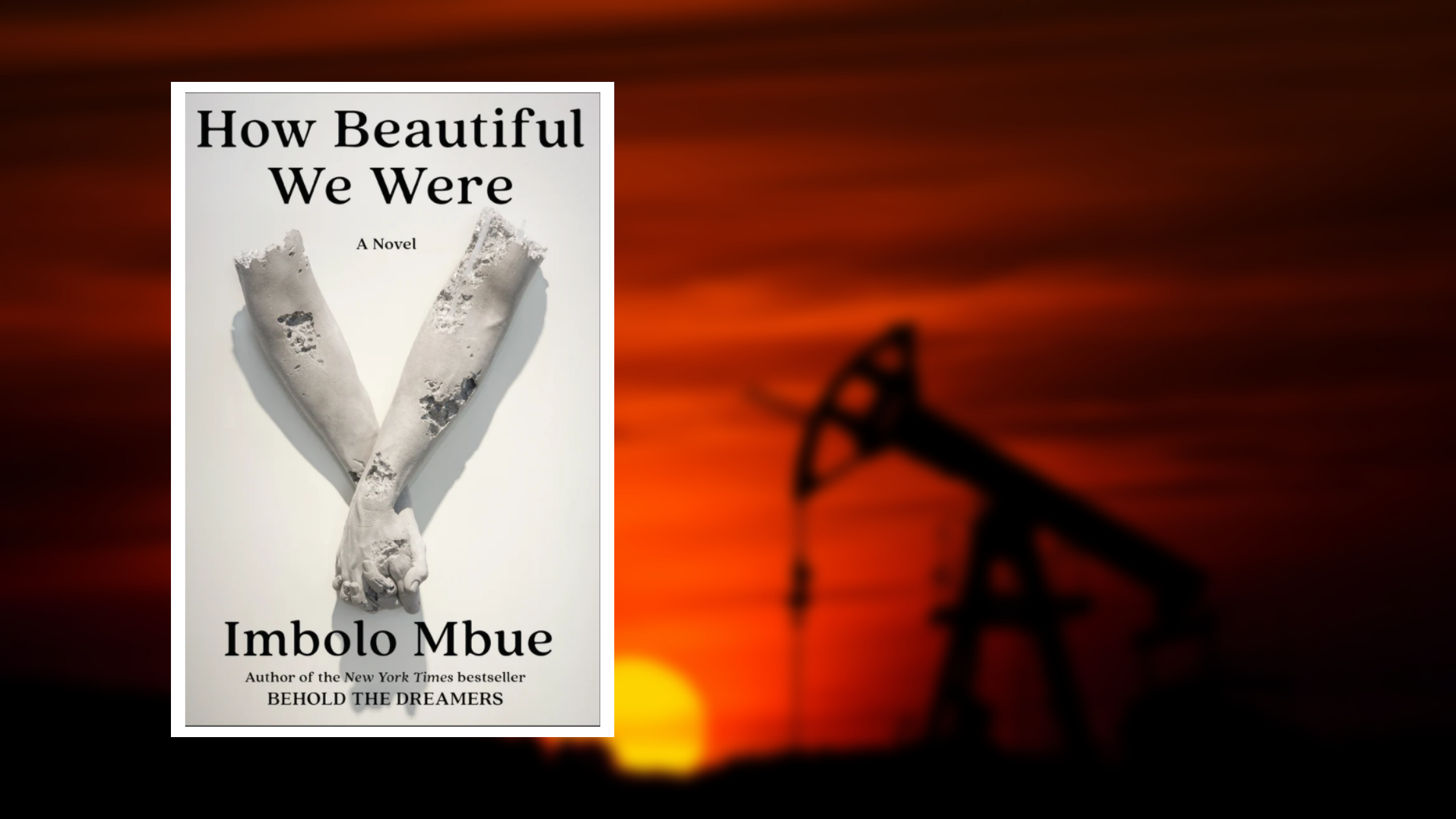Stories for Earth relies on contributions from our listeners and readers to produce high quality, in-depth content. If you buy something using the links on our website, we may earn a small commission, at no extra cost to you. For more information, see our Affiliate Disclosure.
Set in the fictional African village of Kosawa, How Beautiful We Were by Imbolo Mbue is the story of a decades-long fight for environmental justice. The novel centers around the Nangi family, telling their story from multiple different perspectives over the course of the book. And though How Beautiful We Were takes place in a fictional African country, it bears a close resemblance to some important modern-day climate themes.
In our first episode of season three, we’ll take a look at a plot summary of this novel, exploring the characters, providing an in-depth analysis, and looking at current events in Ecuador as a possible real-life parallel. Listen wherever you get podcasts below, and consider buying your own copy using our affiliate link below. We appreciate the support!

→ Buy NEW on Bookshop from $25.76 (affiliate)
→ Find at your local library
Never miss an episode
Subscribe wherever you enjoy podcasts:
Jump to
About the creator

Originally from Limbe, Cameroon, Imbolo Mbue is the author of the critically-acclaimed novels Behold the Dreamers and How Beautiful We Were. Her first novel, Behold the Dreamers won the PEN/Faulkner Award for Fiction and was selected for Oprah’s Book Club. After working on it for years, Mbue’s second novel, How Beautiful We Were, was published in March 2021. Imbolo Mbue lives in New York.
Official website: https://www.imbolombue.com/
Facebook: https://www.facebook.com/imbolombue/
Transcript
I’m Forrest Brown, and you’re listening to Stories for Earth.
[music: “Cold Descent” by Forrest Brown]
Welcome to Stories for Earth, a podcast about everything climate change in pop culture. I’m excited to finally share the first episode of season 3. It’s crazy to think how fast time has gone. We just recently had our two year anniversary as a podcast, and I’m looking forward to sharing many more interviews and discussions of important stories.
Our first discussion of season 3 is about the novel How Beautiful We Were by Imbolo Mbue, and I am sure that I am probably not pronouncing her name correctly. If you want to support further production of the show, consider becoming a member on Patreon for early access to new episodes. You can also find us on Instagram and Twitter to keep up with the latest news about the show.
Let’s cut to the chase. Here’s our discussion of How Beautiful We Were by Imbolo Mbue. I hope you enjoy.
The literary value of tragedies
Some stories don’t have happy endings. And I think it’s worth telling you right off the bat that the story I want to talk about today is one of them. This doesn’t make it any less of a good story, a great story, even. We tend to steer clear of stories without happy endings. We’ll listen to a sad story, sure, as long as it ends on a positive note, but something in us makes us hesitant to commit to stories with unhappy endings. I understand this impulse, but at the same time, I think there’s something sad about that, too.
Some of the best stories ever told have unhappy endings. The Ancient Greeks called these tragedies. And just like their opposite, comedies, tragedies offer valuable insights and observations about life and the human condition.
Has this info helped you?
Stories for Earth is and always will be a free resource to help people imagine brighter futures through the material we discuss. It’s also created and paid for by one person! Apart from occasional affiliate revenue, donations from people like you is the only way Stories for Earth remains financially feasible.
Consider one of the older tragedies you might be familiar with: Hamlet by William Shakespeare. Hamlet wrestles with some pretty tough questions—if you haven’t read it before, you’ll know the famous line: “To be, or not to be, that is the question.” This quote has been trivialized to some extent, but it’s actually asking something pretty heavy: is life, for all of its pain and sorrows, actually worth living?
One of my favorite books is also a tragedy. I first read A Farewell to Arms by Ernest Hemingway when I was in high school, and even though it was probably one of the saddest books I’d read at that point, I loved it. It’s even sadder when you learn that many parts of it are based on the author’s real life experiences. I was not the same person after reading that novel.
So all that is to say, How Beautiful We Were is a sad book, but just like some of the best tragedies, it’s not sad for the sake of being sad. It is a brilliant novel, and I think it has a lot to teach us about facing the climate crisis.
“How Beautiful We Were” plot summary
Set in the fictional village of Kosawa in a fictional African country, How Beautiful We Were is the decades-long story of Kosawa’s fight with the American oil company Pexton. The story begins with news that something in the water is making the village children sick and killing them. We hear heartbreaking accounts of parents burying their sons and daughters with no one left to carry on the family name, and when the villagers seek help from the government, they’re met with gaslighting and denial of any wrongdoing.
Finally, some of the villagers have enough of their children dying, and after kidnapping some of Pexton’s men, things start to escalate. The battle between Pexton and Kosawa rages on for 40 years before reaching any semblance of a resolution, spanning continents and seeing Kosawa fighting in the courts, in the press, in civil demonstrations, and in violent sabotage campaigns to protect their homelands.
Also read: “Weather” by Jenny Offill
Rather than focusing on one main character, the story takes a collectivist approach, unraveling from the perspective of six members of the Nangi family and from a first person collective perspective of an unknown number of people simply called “The Children.” Each character has a different approach of dealing—or not dealing—with the environmental disaster Pexton caused.
The father, Malabo, ventures to the capital city of Bezam to plead with the government, and his younger brother, Bongo, goes after him. Young Thula studies abroad in the US on a scholarship and returns as a tireless activist. Her mother, Sahel, does her best to raise Thula and her brother while mourning the loss of her husband.
Thula’s little brother Juba, comes back from the dead as a boy and spends the rest of his life struggling with the sensation of being half-dead, half-alive. And Yaya, Juba and Thula’s grandmother, reflects on centuries of destruction and exploitation from foreigners—first through the trans-Atlantic slave trade to rubber plantations to oil fields—and laments what appears to be the end of her home. Finally, The Children grow up in desperation, eventually looking to Thula, their peer, as a leader.
Similarities between Kosawa and Cameroon
How Beautiful We Were paints a rich story and explores a number of themes, including imperialism, political corruption, environmental destruction, nonviolent versus violent direct action, and courage in the face of certain defeat. And while we never learn the name of the country where the story takes place, it bears many similarities to Imbolo Mbue’s home country of Cameroon, a relatively small West-Central African country that borders Nigeria to the north and Equatorial Guinea, Gabon, and the Republic of Congo to the south.
Some people refer to Cameroon as “Little Africa” because it encapsulates so many facets of this vast continent. And just like Cameroon, the story of Kosawa is a familiar one in Africa. Africa is an enormous continent, but many of its people have been the victims of violent Western European and American colonizers. The people of Kosawa, too, were often victimized by Western colonizers, such as slave traders, plantation owners, and oil company executives.
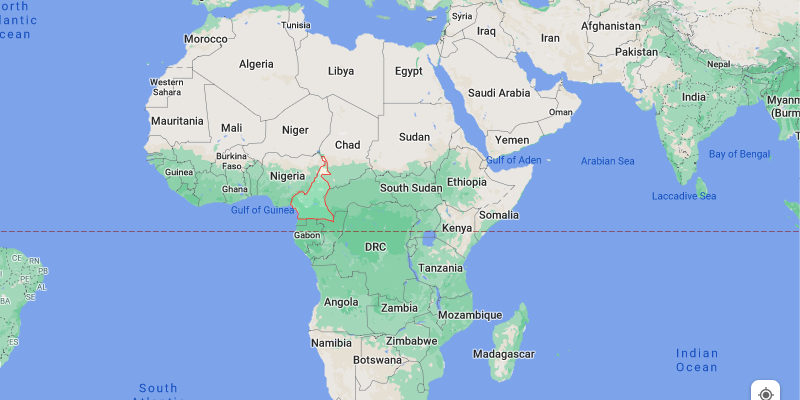
Returning again to Cameroon, this land was historically inhabited by the Adamawa Emirate in the north and by various chiefdoms and fondoms in the south. That is, until the German Empire imposed brutal colonial rule in the late 1800s. The Germans controlled the colony they called Kamerun—after the Portuguese word for shrimp—until the end of World War I in 1916.
After the war, Cameroon was split in half between the English and the French. It wasn’t until the 1960s that Cameroon gained independence from England and France and reunified as one country. In the many years since, one political party has primarily controlled the country and has focused heavily on oil production to grow its economy. Meanwhile, the country has faced many problems, from political corruption to civil unrest to terrorism. In other words, many of the same problems facing the fictional country from How Beautiful We Were.
Parallels between Kosawa and Ecuador
But in terms of the plot of this novel, I’m reminded of another country, albeit in the Western Hemisphere. Ecuador is a small South American country on the Pacific coast, sharing a border with Peru to the south and Colombia to the north. The Amazon rainforest extends partially into Ecuador, and in the 1960s, the American oil company Texaco, since acquired by Chevron in 2001, started drilling for oil in the Ecuadorian rainforest in what is known as the Lago Agrio oil field. Literally translated: the sour lake oil field.
You probably don’t need me to tell you the effects were disastrous. Texaco didn’t properly dispose of toxic waste from drilling operations—meaning they dumped toxic wastewater into a river that provided drinking water to many indigenous people. Just like the residents of Kosawa in How Beautiful We Were, indigenous people in Ecuador started getting sick and dying. And just like the fictional American oil company Pexton from the novel, the very real oil company called Texaco—now a brand of California-based Chevron—denied any wrongdoing at first, blaming the sickness and death among the indigenous people on poor sanitation. Which was, of course, a racist lie.
Like the people of Kosawa, Ecuadorians finally had enough of this, and in 1993 some local villagers filed a massive class action lawsuit against Texaco. Seemingly against all odds, the plaintiffs won the class action suit, and in 2011, the Ecuadorian court ordered Chevron to pay $9.5 billion in damages. And sadly, much like the story of How Beautiful We Were, this story is still developing today. Even though Ecuador found Chevron responsible for oil drilling contamination in the Ecuadorian Amazon, Chevron has fought back against the ruling with everything it has.
In 2018, Chevron won a very important appeals case with The Hague in which an international tribunal ruled that the 2011 ruling by Ecuador “…was procured through fraud, bribery and corruption and was based on claims that had been already settled and released by the Republic of Ecuador years earlier.” This effectively rendered the 2011 ruling unenforceable, meaning that in the 25 years that passed since the first class action lawsuit was filed, the indigenous people from the region surrounding Lago Agrio still had not received reparations.
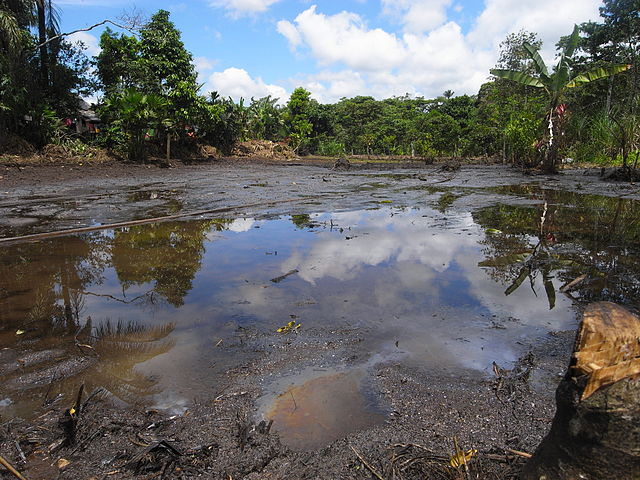
Source: Photo by Julien Gomba, CC BY 2.0 via Flickr
In fact, three years after the 2018 tribunal ruling, the original plaintiffs still haven’t received reparations. Chevron has spent a lot of money on PR campaigns to push its side of the lawsuit and discredit a key environmental attorney, going so far as to create a publication called The Amazon Post, a website that is “…maintained by Chevron to express the company’s views and opinions on a fraudulent lawsuit against the company in Ecuador,” according to the site’s About page. At first glance, The Amazon Post appears to be a legitimate news outlet rather than an aggressive PR initiative from one of the world’s largest oil companies.
And finally, reminiscent of the fates that met Austin, the young journalist from Bézam, and Thula, the quiet-village-girl-turned-fierce-activist, the American lawyer who represented the Ecuadorian villagers in the first class action lawsuit in 1993 has found himself in Chevron’s crosshairs. In August 2020, attorney Steven Donziger was placed under house arrest. His bank accounts have been frozen, he has been disbarred from practicing law, he’s forbidden from earning money, and he faces exorbitant fines, in addition to other hardships.
I’ll be honest: things don’t look good for Steven Donziger. I hate to use this word after hearing it overused to the point of becoming meaningless since the start of the pandemic, but in many ways, Chevron’s legal campaign against him is unprecedented. According to The Intercept, Chevron has flat-out said its strategy in overturning the Ecuador court ruling is to demonize Steven Donziger.
Also read: Joy Harjo: “Crazy Brave,” “An American Sunrise,” And The Land
As you can tell, this is an extremely complicated legal case that will likely be studied by law students for years to come. If you’re interested in learning more about the latest developments regarding Chevron, Ecuador, and Steven Donziger, I recommend listening to season five of the excellent podcast Drilled from journalist Amy Westervelt. I’ll include a link in the show notes.
So what’s the takeaway from all of this? Well, Kosawa might be a fictional African village suffering the consequences of a corrupt government that opened its doors wide to an irresponsible oil company, but it sadly bears a strong resemblance to countries like Ecuador who are now dealing with some very similar problems in real life.
And just like the battles against the fictional company Pexton from How Beautiful We Were, the court cases involving Chevron and Ecuador just go to show how far the fossil fuel industry will go to protect its interests.
As the latest IPCC report makes abundantly clear, there is no scenario in which the fossil fuel industry continues to exist if we’re to have a livable planet. But how we take down the fossil fuel industry is the biggest question that remains unanswered.
Violent versus nonviolent direct action
As How Beautiful We Were starts to pick up steam, a clear dichotomy begins to emerge in how different villagers of Kosawa fight back against Pexton. We see this first when Malabo and his friends kidnap the men from Pexton, but this theme becomes more fleshed out after Thula leaves the village to attend university in the United States.
After arriving in New York City, Thula reconnects with Austin, the journalist from Bezam who originally broke the story about Pexton’s misdeeds. Austin starts taking Thula to meetings with activists who work on various human rights issues, and it doesn’t take long before Thula becomes a fierce activist herself. But unlike some of the other villagers taking a stand against Pexton, Thula is staunchly committed to non-violent direct action.
The first-person collective narrator known simply as The Children has a different approach, though. These people are Thula’s peers, and they exchange letters back and forth with her about what should be done to stop Pexton. Thula forbids them from using violence, threatening to withhold funding for their cause if they violate their agreement to remain peaceful. But after a certain point, The Children use funds from Thula to buy guns from a corrupt soldier anyway, using them to murder a number of different Pexton employees.
The Children also carry out sabotage campaigns, setting fire to Pexton facilities in the hopes that they will finally leave after seeing how unwelcome they are. Meanwhile, Thula eventually returns to Africa, becoming a school teacher and organizing massive nationwide protests against the corrupt government that lets Pexton destroy the environment and make the people sick. Thula works her entire adult life trying to enact change through peaceful protest, but in the end, she’s largely unsuccessful.
Also read: “Ishmael” by Daniel Quinn, Climate Change, and Moving Beyond a Vision of Doom
In fact, the character who seems to be the most well-off by the end is Juba, Thula’s younger brother who came back from the dead as a child after getting very sick from Pexton’s poison. As an adult, Juba can’t shake the feeling that he never fully returned to the realm of the living, constantly feeling as though he’s half-dead, half-alive.
I read this as a metaphor for how Juba chooses to engage with the war between Kosawa and Pexton. Juba isn’t violent, but he also doesn’t have the same activist’s passion that we see in his sister. Instead, Juba goes to the best schools in the country and gets a government job doing the bidding of corrupt officials and politicians. He marries a woman named Nubia, named after one of the earliest civilizations in ancient Africa, who has somewhat of a scammer’s philosophy. She hates the corrupt government as much as anyone else, but instead of fighting it at great personal cost, she prefers to take advantage of the crooked system to benefit herself as much as possible.
Near the end of the book, we see Juba and Nubia living a life of luxury while Thula lives a modest lifestyle as an activist school teacher. Speaking about Thula on page 343, The Children say, “One angry woman did everything, and she failed.” The book ends with a judge forcing the residents of Kosawa to relocate. The judge doesn’t deny the damage Pexton has caused, but he also doesn’t think the law can hold them accountable. Given the extent of the damage, it’s best for the villagers to just find a new home.
The best way forward?
After reading How Beautiful We Were and reflecting on the world we currently live in, one that is honestly so much more bleak and dystopian than the one in this novel, I’m not sure of how we should proceed.
High profile climate organizations like Extinction Rebellion and the Sunrise Movement are committed to peaceful direct action, but how long can this continue to be a viable strategy? At what point do some people renege on this principle and resort to violence? Many important movements throughout history have been fought with violence. Is that what the environmental movement will one day be forced to do?
But honestly, out of the three responses I see in How Beautiful We Were, I think Juba’s response might be the most relatable to many people. Heartbroken and half-dead, many of us walk through life like zombies, complying with our evil capitalist overlords while we scheme to exploit the broken system to our advantage. Jia Tolentino makes many excellent observations about this phenomenon in her essay “The Story of a Generation in Seven Scams” from her essay collection Trick Mirror. Many of us know the system is fucked, but what can we do about it? At a time when one percent of the world’s population owns the vast majority of the world’s wealth, playing the system to our advantage is what’s expected of us. It’s a vicious cycle until some external force breaks that cycle, or the house of cards comes crashing down under its own weight.
I’m sure we’ll see a combination of all three responses, as the environmental movement progresses and our insane society continues to flirt even more with the threat of apocalypse. I strongly believe there is no one right way to tackle this enormous problem. Perhaps a hybrid approach will be the path we take. As for me, I don’t want to see violence and bloodshed erupt as we struggle to save our planet. But I have to wonder: are there limits to peaceful protest, and what will happen if we cross that threshold?
Outro
Stories for Earth is created by me, Forrest Brown. The music you heard in this episode is also by me. If you want to support further production of the show, consider becoming a member on Patreon. For just a couple bucks a month, you’ll get early access to each new episode, and you’ll help me keep making Stories for Earth.
Thanks for listening, and I hope you’ll join us for season 3, episode 2 for our discussion on the 2004 film The Day After Tomorrow.
Recommendations
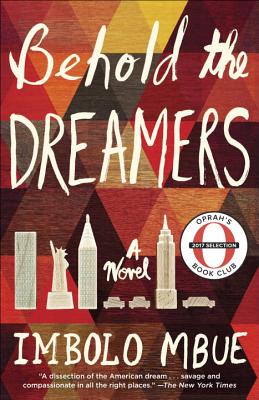
Book: Behold the Dreamers by Imbolo Mbue
→ Buy NEW on Bookshop from $15.64 (affiliate)
→ Find at your local library
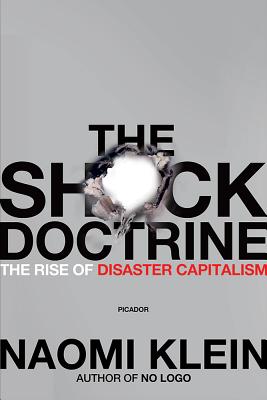
Book: The Shock Doctrine: The Rise of Disaster Capitalism by Naomi Klein
→ Buy NEW on Bookshop from $20.24 (affiliate)
→ Find at your local library
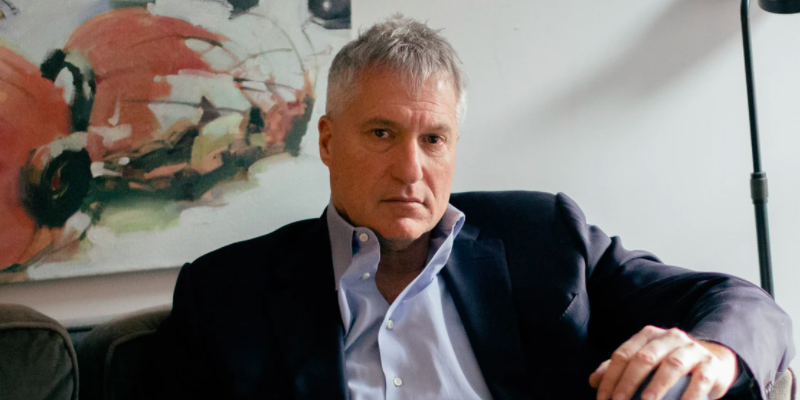
Article: “How The Environmental Lawyer Who Won A Massive Judgment Against Chevron Lost Everything” by Sharon Lerner in The Intercept
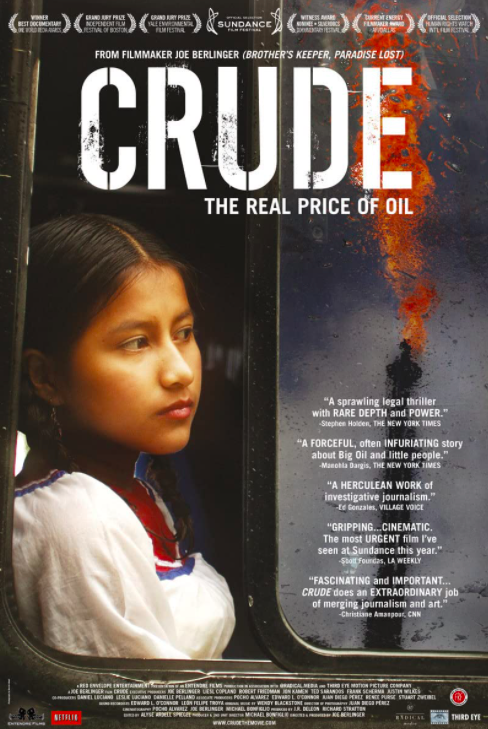
Documentary: Crude: The Real Price of Oil from Joe Berlinger
